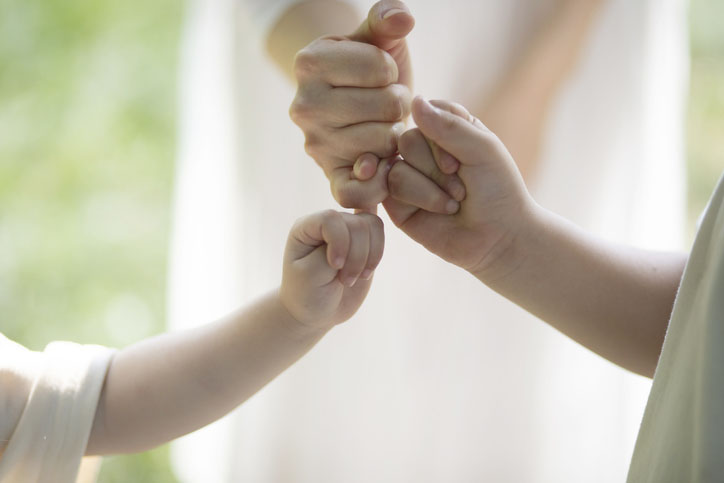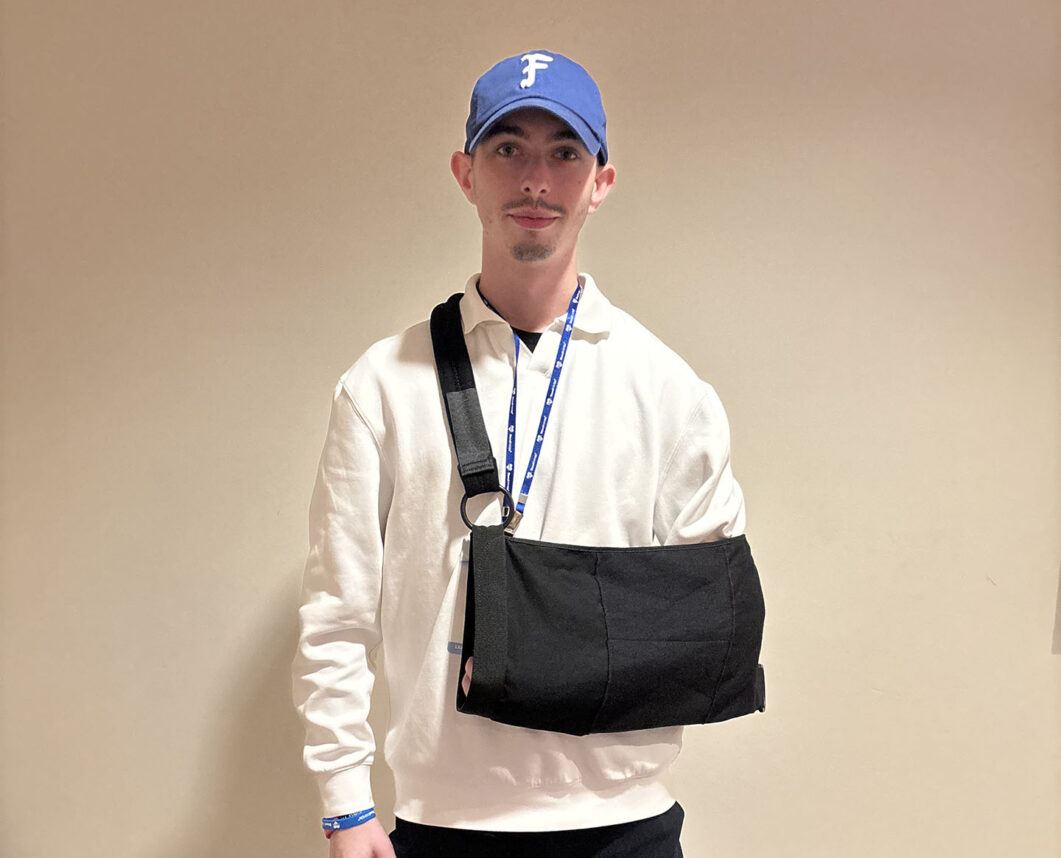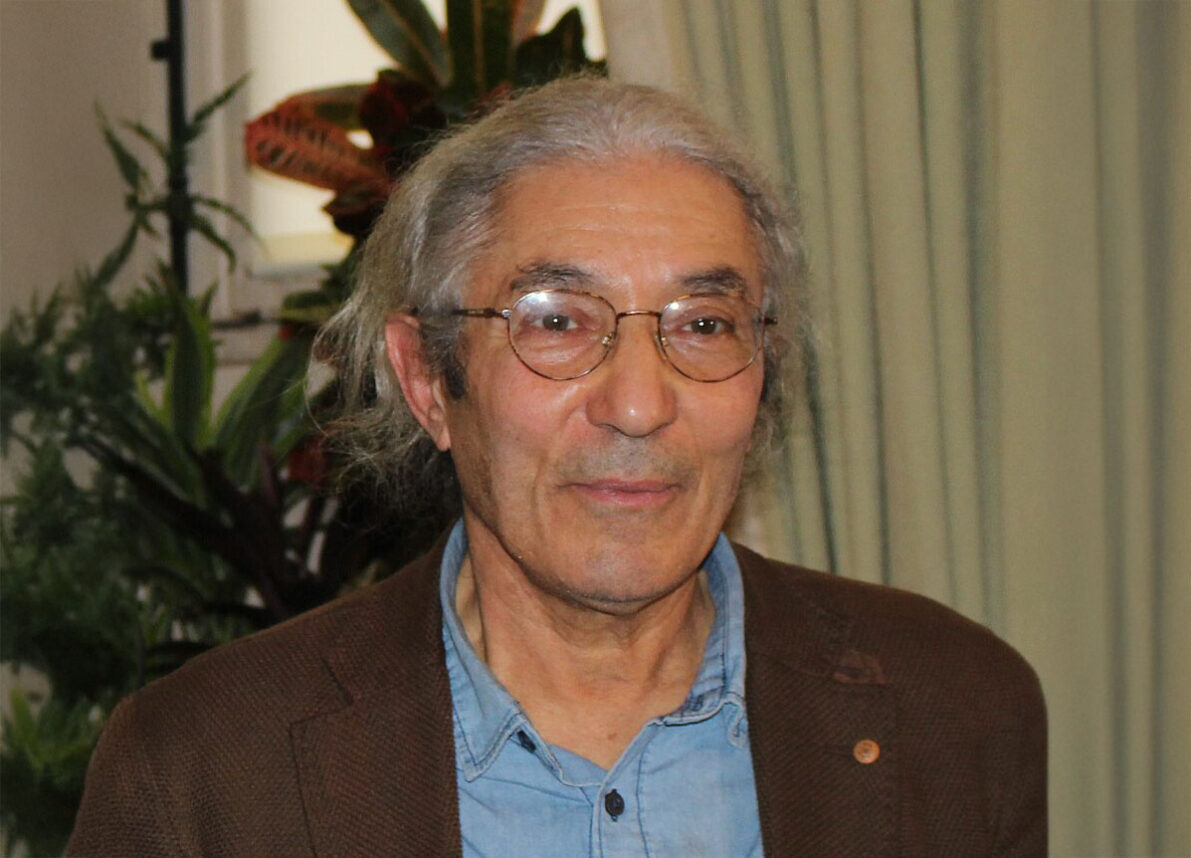
Rabbi Lynnda Targan had a very busy life. At 55, she was a mother of two children, she wrote a column for her local paper the Jewish Exponent, she was involved in many philanthropic organizations and she traveled all over the world with her husband.
Still, something was missing. “I had a really full life but I felt a sense of being hollow somewhere,” Targan said, in a phone interview with the Jewish Journal.
It wasn’t until Targan went on a mission to Poland and Israel when she had her “a-ha” moment: She realized she wanted to do something for the Jewish community beyond going to her local synagogue.
“I decided I needed to study and see about becoming a leader,” she said. “That trip was the catalyst for the journey for me.”
In her new book, “Funny, You Don’t Look Like a Rabbi: A Memoir of Unorthodox Transformation,” Targan talks about her spiritual journey to becoming a rabbi and all the ups and downs along the way.
Born in Pennsylvania, Targan describes in the book how she had a traumatic childhood following her parents’ divorce. “We went from living in a lovely house in a very lovely neighborhood to being really impoverished and having to live in the back of someone’s duplex in Brooklyn,” she said. “My mother didn’t have any job skills. She became very depressed and scared and nervous about how she was going to take care of us two girls.”
Targan found refuge with her grandparents, who also lived in Brooklyn and were religious. She would watch her grandfather daven and light Shabbat candles with her grandmother. “I didn’t study at all or know very much,” she said. “We just observed what was going on.”
Later on, when Targan met her husband, who works in the textile industry, they moved to Philadelphia and joined a synagogue. “We took a lot of courses,” she said. “It was Judaism all the time. I was very responsive to it.”
Eventually, Targan went on the trip to Poland and Israel and decided to become a rabbi. However, she said that a lot of people were discouraging her about her decision. “I’m 72 now,” she said. “I’ve been a rabbi for almost 18 years. Had I not gone to school and gotten ordained at 55, I’d still be thinking ‘I should have done this.’ I wanted to follow my path and I did it one step at a time.”
Before Targan went to rabbinical school, she attended Gratz College and got an MA in Jewish Liberal Studies and an MA in Jewish Communal Studies. Then, she attended The Academy for Jewish Religion and was ordained in 2003.
She served as the student body president in her rabbinical school while she was there. “I love being in school,” she said. “I would still be there if I could because I loved my colleagues and learning.”
Overall, Targan said her experience as a female rabbi has been very positive, but some issues do come up. She said that female rabbis are not paid as well as male rabbis sometimes and tend not to receive as much recognition. “I see panels where there are only male rabbis, or lists of 50 influential rabbis and proportionally there aren’t enough women.”
While Targan doesn’t have a pulpit, she said she is there for her community 24/7. She founded the Women’s Midrash Institute, where she enrolled 100 students who learn Talmud, she teaches mussar and she officiates at lifecycle events like weddings and funerals. On the second day of Rosh Hashanah, she did a virtual sermon at Old York Road Temple-Beth Am in Abington, Penn., and when it’s safe, she’s going to put her chaplain training from Memorial Sloan Kettering Cancer Hospital to good use and do pastoral services for people in the hospital.
As for now, she’s seeing her two grandchildren outdoors and virtually and getting the word out about her book – which she believes she released at just the right moment.
“Hopefully when it’s time to get out of quarantine people will have a different way of living,” she said. “It just so happens my book came out in the early part of the pandemic, but I guess that was God’s plan. I think the book is an inspiration to people that if there’s something you want to do, you do it.”
























 More news and opinions than at a Shabbat dinner, right in your inbox.
More news and opinions than at a Shabbat dinner, right in your inbox.